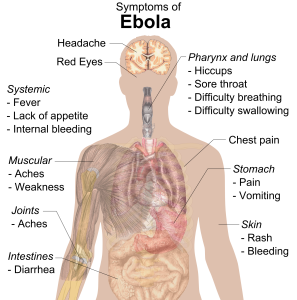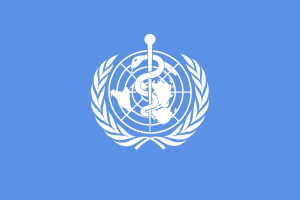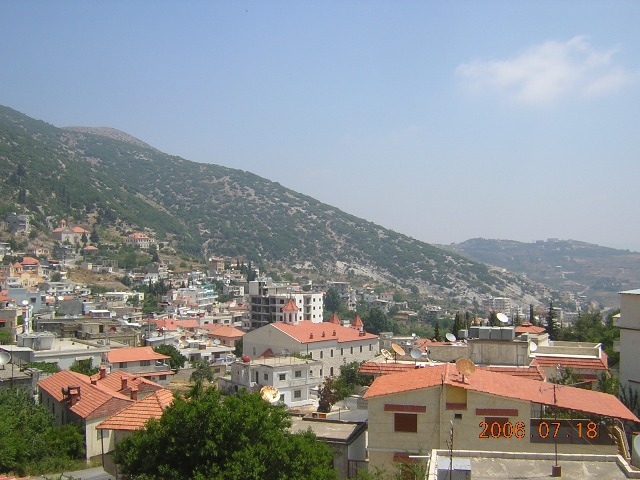On April 16, 2015 the World Health Organization issued a statement regarding its failure to adequately respond to the West African Ebola crisis. While the epidemic began in December 2013, the WHO only published its first report on the crisis in March 2014 and declared a public health emergency in August 2014. The Organization faced swift criticism for its lagged response to the outbreak, including from the President and Director-General of Médecins Sans Frontières. “We have taken note of the constructive criticisms of WHO’s performance and the lessons learned to ensure that WHO plays its rightful place in disease outbreaks, humanitarian emergencies and in global health security,” read the WHO statement. In response, the Organization began taking steps to reform its emergency response to disease outbreaks beginning with an assessment of the Ebola crisis.
In January, the WHO Executive Board held a Special Session on the Ebola Emergency tasked with ending the waning, yet still ongoing outbreak, while also building global preparedness. Members of the board requested the Director-General to be more transparent and responsible about the requirements of emergency response processes. The Board also called upon member states of the WHO to toughen existing disease surveillance structures by strengthening communication and building knowledge-sharing systems to better exchange epidemiological data between the local and the international. They further urged member states to collaborate on research and development, including the production of vaccines and diagnostics, and assist the WHO in all areas of preparedness. These recommendations, among others, are designed to assist with early detection.
 The Special Session of the Executive Board further requested the creation of an Ebola Interim Assessment Panel of independent experts. The panel began meeting in March to assess the nature of past and current WHO response to the disease outbreak. The panel stated that the WHO did not have the “capacity or culture” to adequately respond to a global health crisis. “There have been signs throughout the [Ebola] crisis that WHO’s ability to partner with the United Nations, the private sector and other non-State actors has not been strong. These relationships cannot be established during crises, but need to be developed when building preparedness.” The panel offered a few suggestions including the establishment of a new health-emergencies agency under the auspices of the WHO or another United Nations subsidiary, or increasing investment in the WHO for emergency response.
The Special Session of the Executive Board further requested the creation of an Ebola Interim Assessment Panel of independent experts. The panel began meeting in March to assess the nature of past and current WHO response to the disease outbreak. The panel stated that the WHO did not have the “capacity or culture” to adequately respond to a global health crisis. “There have been signs throughout the [Ebola] crisis that WHO’s ability to partner with the United Nations, the private sector and other non-State actors has not been strong. These relationships cannot be established during crises, but need to be developed when building preparedness.” The panel offered a few suggestions including the establishment of a new health-emergencies agency under the auspices of the WHO or another United Nations subsidiary, or increasing investment in the WHO for emergency response.
After much deliberation and consultation, the WHO agreed to create a Global Health Emergency Workforce consisting of doctors, nurses, public health scientists, logisticians, project managers, communication experts, and community workers. The Organization will also create a Contingency Fund to access finances on a more immediate basis.
These promises were affirmed and detailed at the 68th World Health Assembly that opened May 18, 2015. The WHO has pledged to create a new and separate programme on health emergencies, under which the Workforce and Fund will operate. The WHO further announced that $100 million will be pledged to the Contingency Fund. “I have heard what the world expects from WHO,” Director-General Dr. Margret Chan stated, “And we will deliver.” These proposed changes are planned to come into force by the year’s end.





